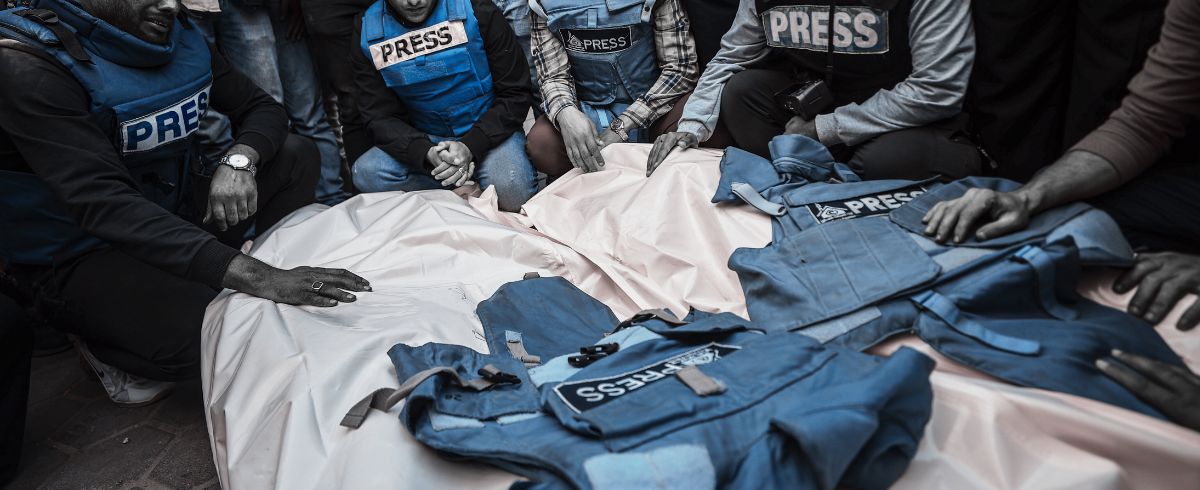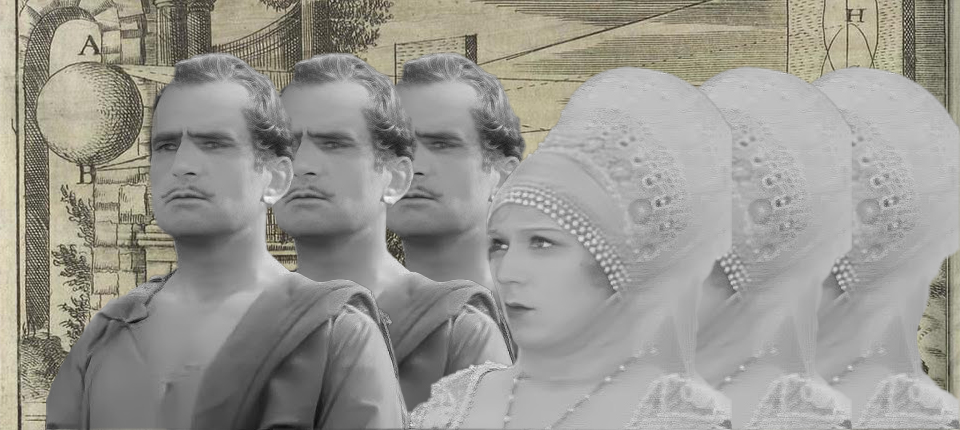How Barbara Molinard’s collection of stories, Panics, came into being is a story in itself. A compulsive writer who destroyed her work as quickly as she produced it, Molinard (1921–86) lived with her husband and daughters at Auvers-sur-Oise, where Vincent van Gogh had spent the final months of his life. Her husband, the film-maker and photographer Patrice Molinard, and her friend Marguerite Duras combined their efforts to limit the destruction, and a collection found its way to Éditions Mercure de France, which published it in 1969. Duras, in a preface, wrote vividly of Molinard’s struggles with her “enemy”, who fought bitterly to hang on to four texts in particular and handed them over only at the last moment. Molinard’s “enemy” was, of course, herself.
The collection appeared and duly disappeared, as collections of short stories tend to do, then reappeared in 2022, in a translation by Emma Ramadan published by the Feminist Press of New York, thanks to the dedication of the translator, who had come across the book in the course of her research into Duras’s nonfiction. Ramadan’s hard work paid off, leading in turn to a new edition in France and now a British one, from Influx Press, which has emerged as a champion of marginal writers ignored in their lifetimes – see also its growing list of Joel Lane reissues.
Molinard’s stories have something in common with Lane’s, as they do, Ramadan argues in her translator’s note, with the work of Katherine Mansfield, Franz Kafka and Leonora Carrington. One might add Anna Kavan’s name to that list (actually, one might replace Mansfield’s with it), along with figures such as Marcel Aymé and Boris Vian, ghosting across from the twilit impasses of Paris to the unnamed thoroughfares of Molinard’s nightmare streetscapes. Roland Topor, though seventeen years Molinard’s junior, had been publishing stories during the 1960s and might have recognized some trace of his own absurdist, cartoonish, dark humour in “The Severed Hand”, in which a man with a hand like a balloon – is it merely swollen? We are not told – visits the pharmacy, only for the pharmacist to cut it off.
There is a lot of not-telling in Molinard’s stories, much dream logic and various random series of events. Hector – he of the severed hand – visits his friend Alfred and finds his room empty, but there is a hole in the floor and a rope ladder descending into darkness, which is where Alfred is to be found. On leaving Alfred’s, where the two friends pass the time shelling beans, Hector sees his little brother being attacked across the street by police officers. In “The Headless Man”, a woman is pleased when the title character comes to sit beside her on a bench. She has seen him around and wondered how he copes, having no head. She discovers that “although he had no head, he did have a face”, which may be one of the greatest lines ever written, especially when the only contextual explanation offered is “this face was impalpable like haze, mysterious like night; a face of shadow and fog, of light and poetry”.
Ramadan’s translation, here and elsewhere, is inclined to be faithful to the original, word for word where possible, which makes her decision to change the collection’s title an interesting one. The original title, Viens, would surely work perfectly well as “Come”, especially since the injunction appears in two stories: “It’s me, Pierre, come, I’m waiting for you”, a woman’s lover implores in “The Cage”, after his transformation into a snake; the narrator of “The Bed”, meanwhile, is taunted by a stray thought that flees even as it whispers “Come, I’m waiting for you”, as three gentlemen who, with nails and planks of wood, have already turned his bed into a coffin, start sawing away at its legs. There is even a clammy fever dream of a story entitled “Come”, in which another nameless narrator seems to be simultaneously waiting for a train, sitting on the train and walking around the city that was her destination all along.
Still, we owe Emma Ramadan a debt, and if she wants to call this extraordinary, exhilarating collection Panics, after the title under which some early Barbara Molinard stories appeared in La Nouvelle Revue Française, she can.
Nicholas Royle’s translation of Pharricide by Vincent de Swarte appeared in 2019
The post A face but no head appeared first on TLS.

 By Times Literary Supplement | Created at 2024-10-29 21:41:39 | Updated at 2024-10-30 09:20:07
6 days ago
By Times Literary Supplement | Created at 2024-10-29 21:41:39 | Updated at 2024-10-30 09:20:07
6 days ago



